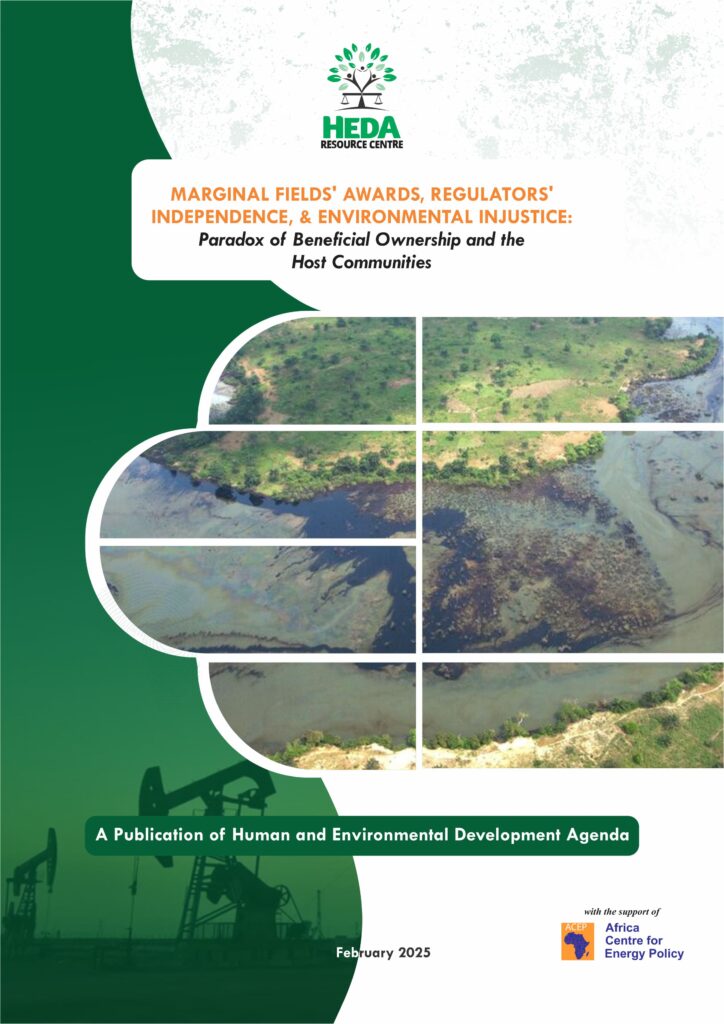The Nigerian Institute of International Affairs (NIIA) finds itself embroiled in a demand for a refund totaling N2,475,000 from the Human and Environmental Development Agenda (HEDA Resource Centre) following a contentious publishing agreement that remains unfulfilled.
In a letter dated 10th January 2024, Olanrewaju Suraju, Chairman of HEDA, directed to Prof. Eghosa E. Osaghae, Director-General of NIIA, demanding the reimbursement of the aforementioned amount. The sum was remitted to the Nigerian Institute of International Affairs for the publication of a book titled “FIVE DECADES OF UNIFIED SINO-NIGERIA ENGAGEMENT,” as mutually agreed upon between HEDA Resource Centre consultant and NIIA, represented respectively by Dr. Gbenga Oduntan and Prof. Efem N. Ubi.
As per the provided correspondence, NIIA issued a quotation dated 27th February 2023, valuing the publication at N2,450,000. Subsequently, on May 29th, 2023, HEDA Resource Centre transferred a total of N2,475,000 to NIIA’s account, documented by a remita payment receipt.
Despite the receipt of payment, NIIA failed to honor its end of the agreement, citing delays in retrieving funds from the Federal Government of Nigeria’s Treasury Single Account, where the payment was deposited.
NIIA acknowledged that the retrieval process could span between two to three months. However, as of the letter’s date, more than seven months have elapsed without any substantive progress or communication from NIIA, except for repetitive excuses.
Suraju contends that the delay has severely impacted HEDA Resource Centre’s partnership with an international organization, which anticipated the publication’s completion by September 2023—an aspect communicated to Prof. Ubi prior to payment.
In response, HEDA Resource Centre demands the full refund of N2,475,000 within 14 days of receiving the letter. The refund should be directed to the organization’s bank account at Guaranty Trust Bank. Failure to comply within the stipulated period may prompt legal action against NIIA.
This dispute underscores the challenges inherent in contractual engagements, particularly in ensuring the timely fulfillment of obligations by revenue generating agencies of government, and attempts by suspected officials to prevent revenue generation through the Treasury Single Accounts.



